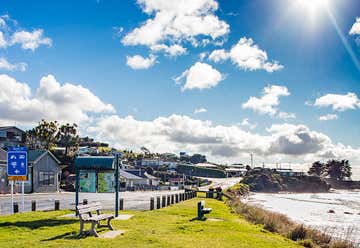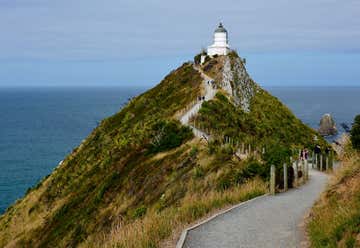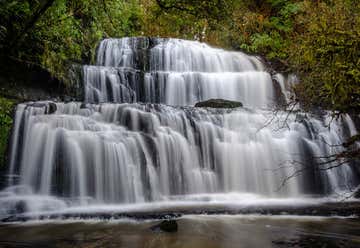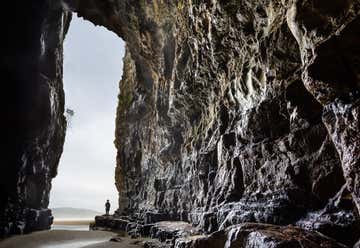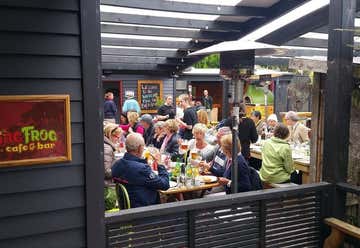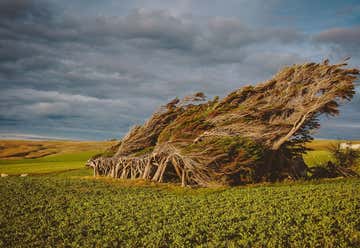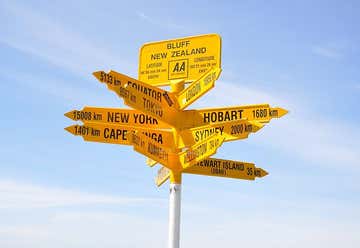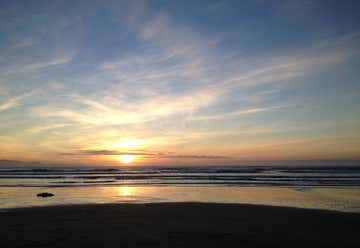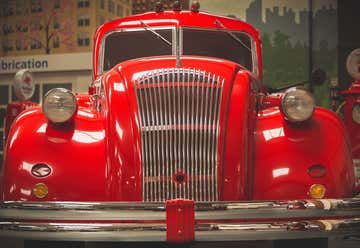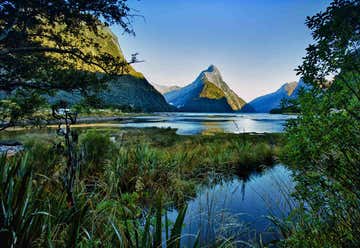A journey that takes you from a small wannabe-Edinburgh at the end of the world, past misty rainforests, stunning ethereal vistas, deserted beaches, waterfalls, dolphins, sea lions, teapots, pristine lakes, wetlands and petrified forests – there’s a reason why the Southern Scenic Route has been voted one of the world’s top drives. There’s so much beauty, wildlife and quirkiness to the classic (and famous) Southern Scenic Route that it would take weeks and weeks to properly see and do everything on this drive, so we have broken it down into two easier road trips, leaving plenty of time and energy to both enjoy your journey and explore either end of it.
Taking you from Dunedin to Milford Sound, and through a whole lot of wonder in between, this road trip can be combined with our Dunedin to Queenstown version of the Southern Scenic Route if you’re looking for even more. Expect a memorable holiday in this magnificent part of the world, with endless opportunities for things to do and see.
Start your trip off with an early breakfast at one of the hippest joints in Dunedin, Vogel St Kitchen. What was once a derelict warehouse is now a rustic and arty cafe, which draws in a diverse scene of Dunedinites every day. You can’t go wrong with breakfast at this place, not to mention their perfectly-brewed Supreme coffee. A day started at Vogel St Kitchen is sure to be a goodie.
Once you’ve had your fill, it’s time to hit the Southern Scenic Route, heading deep into the rugged and breathtaking Catlins Coast territory. After crossing the iconic Balclutha Bridge, take a 20 minute detour to Kaka Point, a small and peaceful seaside village that has all the Kiwi beach vibes you could dream of. It’s a quiet place most of the year, so let the natural sound of birdsong silence your brain, sit beside the sea for a while, and cast aside your worries to appreciate the essential joys of life.
A bit further along the coast from Kaka Point lies Nugget Point, where an 1869 lighthouse overlooks a bunch of elephantine rocks that seem to have been thrown in the sea by a giant toddler. Imagine the isolated lives of the lighthouse keeper and his family, at a time when circumnavigating the rocky undulates of this coast was fraught with peril. There are two short 20 minutes walks from which you can observe the native wildlife, including fur seals, gannets, sooty shearwaters, elephant seals and shags. If you walk towards Roaring Bay you may be treated to a peek at some rare yellow eyed penguins, most likely in the early morning or prior to dusk.
After heading back to the main highway and continuing along towards the deep south, turn onto a long gravel road (welcome to rural New Zealand, everybody!) signposted for the Purakaunui Falls. Enjoy an easy 30-minute return rainforest walk to a cascading three-tiered 20 metre waterfall, New Zealand’s most photographed - and with good reason. These falls are picture perfect and you barely need to work up a sweat to reach them.
Not far along the Southern Scenic Route from the Purakaunui Falls is yet another incredible coastal attraction, the Cathedral Caves. Etched by the sea over centuries, the caves’ entrance towers 30 metres above the beach, like a coastal Notre Dame. This stunning sight can only be accessed at low tide, so the gates open approximately one hour before low tide and close about one hour after. Fingers crossed your journey takes you here right on time, so you don’t miss out on a jaw-dropping example of the astonishing power of the sea; its timeless patience and creative destruction.
Returning back to the main highway and a couple of minutes further south, you’ll stumble upon the turnoff for the famous Whistling Frog Café Bar and Resort, named for the brown tiger-eyed frog that peeps and chirps from the leaves of the trees on the many bush walks of the Catlins. Take a bit of time to press pause and guzzle a refreshing pint of McLean Falls Ale, accompanied by some of their award-winning tucker. Your hungry belly will thank you for it.
Further along the Southern Scenic Route is Slope Point, the bottommost point of the South Island and the last bit of tarmac before you fall off the planet. Take a 20-minute walk to the coast, where there is a sign showing your distance from the Equator and the South Pole. If the wind’s up (and the horizontal macrocarpa trees suggest this might be a regular occurrence), you might feel a bit like polar explorer Ernest Shackleton. The walking track crosses farmland and is closed from 1st September to 1st November for lambing, so remember to be respectful of the landowners and of the animals living there.
Just over an hour’s drive will take you from Slope Point to Bluff, the gateway to New Zealand’s third largest island, Stewart Island. Home of the famous Bluff Oyster and the beginning of State Highway 1, which takes you from the very bottom to the very top of the country, Bluff is an iconic part of New Zealand’s history. Feast on the freshest seafood you will ever taste, and stay in one of the many historic and boutique accommodation options.
After a well-deserved night’s rest, head slightly north to New Zealand’s southernmost city, Invercargill. On the wide expanse of the southern plains, Invercargill is considered the capital of Southland, and it’s here at nearby Oreti beach, a gloriously long strip of sand, that they filmed The World’s Fastest Indian and now hold an annual race to replicate the races along the sand. Putting your toes in the endless sand helps you understand why Southlanders have been a little obsessed with motorbikes ever since Burt Munro set the land speed record on his trusty old Indian Scout Motorbike, which you can now visit at E. Hayes and Sons Motorworks.

"E Hayes & Sons - The Worlds Fastest Indian Motorbike " — Photo Credit: Southland NZ
In addition, Invercargill now boasts the impressive Bill Richardson Transport World, which is the largest private collection of its type in the world. It is home to around 300 vehicles, a wearable arts collection, children’s play zones, and the onsite The Grille Café, whose themed bathrooms are fast becoming as famous as the vehicles.
Once you’ve had your fill of motorbikes, it’s time to head north west to Fiordland National Park. It will take you about 2 and ½ hours to drive to Te Anau, the gateway to the Fiordland National Park. Fiordland’s story is a dramatic one, a landscape gouged by the claws of time, river deep and mountain high, icy lakes, crystal clear streams, thundering waterfalls as well as growling, thumping breakers biting the coastline. The rainfall here is sudden and phenomenal, yet the weather clears just as fast, and after a heavy downpour the lush forest is coloured a rainbow of green.
Don’t forget to fill up with petrol in Te Anau before taking a stunning alpine drive to Milford Sound. It’s best to dedicate an entire day to this iconic landmark, as the two-hour drive is steep and windy, with numerous viewpoints and chances to get out of the car and drink in the sheer scale of the landscape. Often called the eighth wonder of the world, a cruise on Milford Sound is an absolute must-do in New Zealand and is the best way to appreciate the magical combination of mountain peaks, ink-dark water and forest-clad cliffs.


